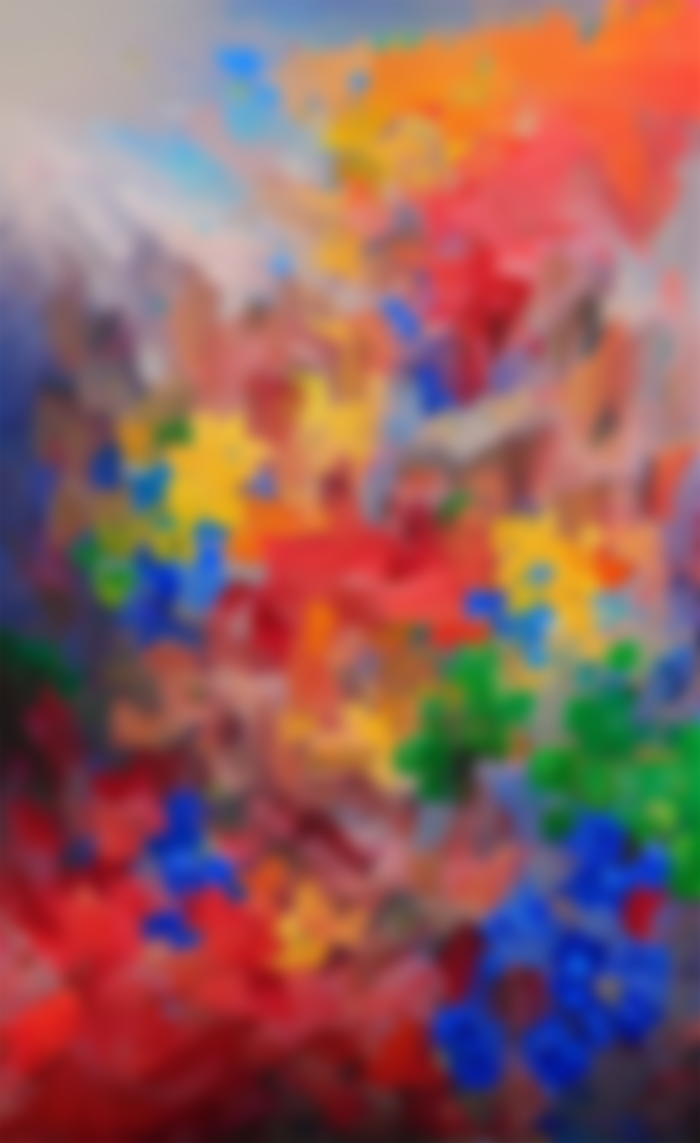Autism — An Intricate Puzzle of Traits That Persist Throughout Life
No, it is not a disease that needs a cure
In my recent posts about neurodiversity, I mentioned autism. Autism Spectrum Disorder (ASD) is a neurodevelopmental disorder that carries a negative connotation, though many of the typical traits are significantly overlooked. Autistic people may have deficits in social communication and interaction, restricted and repetitive patterns of behaviour or interests, and sensory issues.

Autism is a puzzle of traits. (Photo by Tara Winstead from Pexels).
The genetic factor
Autism tends to run in families, and mine is no exception. I clearly see autistic traits in some of my relatives, even though they are undiagnosed. Getting a proper diagnosis is not critical as long as one realises that they potentially are autistic and takes care to make the needed accommodations or asks for them at school, work and around friends. I only found out about it in my late 20s, and I was attributing my struggles at school as simply being inferior to my peers in some regards.
Repetition
Autistic people tend to do repetitive behaviours to soothe themselves, particularly in stressful situations. Some common actions include rocking back and forth or hand flapping. I have not experienced either of these, though, I have noticed that I play with my fingers, i.e., pull them in unusual ways or touch my hair repetitively. None of these behaviours is inherently wrong, and it is a real pity that the neurotypical world often rejects completely harmless actions.

Autistic people tend to like order and patterns. (Photo by Vansh Sharma from Pexels)
Hyperfocusing
Other common autistic traits include lining things up perfectly or talking incessantly about a favourite subject. The ability to focus and research everything possible about a specific topic is valuable in education and a professional environment. Therefore, autistic people are suitable for tasks that require specific knowledge, an eye for detail and reliability. Some companies have realised the worth of these traits and particularly look for employees on the autism spectrum.
Autistic people can be meticulous about analysing people, how they act, body language, intonation and word choice. Although they cannot always act accordingly, over time, masking improves, and it appears as if autism has been outgrown. Eye contact often remains a struggle, though it is somewhat surprising that its importance is highly valued (an autistic person writing).

What mind be a normal sound level to a neurotypical person might feel unpleasant to an autistic person. (Photo: Canva)
Sensory issues
Sensory issues are among the biggest struggles that autistic people experience. Hyper- or hyposensitivity is stressful and straining. Lights may appear blindingly bright, flickering and flashing signs and displays can be literally painful, sounds can be so loud or coming from so many directions that they just become a wall of noise. Touch and textures are a common source of discomfort, as well.
Whether one sees autistic traits as negative or simply as differences that can be beneficial in certain circumstances is what defines how integrated autistic are in society. While co-existing conditions may make the individual incapable of taking care of themselves, in many cases we can function normally, set goals, fulfil our dreams and have a family. Acceptance is the key to making us feel part of society.

"Autism" — an abstract digital artwork that I generated using the AI in the Wombo Dream app.

This article is reposted on my other blogging and social profiles.
https://linktr.ee/neurodivergent_ai
You can find me on
| Medium | Simily | read.cash | noise.cash | Publish0x | Steemit | Hive |
| Instagram | Twitter |
Check out more of my artworks in my community on Ko-Fi.





I can very much relate. Thank u for a good read. Indeed true, I myself have sensory problems but what I find troublesome is the arm-leg incoordination. I really have to focus else, I stumble. I can dance but... it takes a of focusing on specially on a crowd because I can never really overcome it. Its not because I am shy, I just really dont like the crowd.